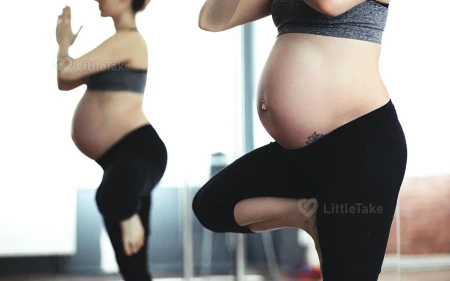
Fertility & Alcohol Consumption
Alcohol consumption can have an impact on fertility for both men and women. Here are some ways that alcohol can impact fertility:
Decreased sperm count
Heavy alcohol consumption has been linked to decreased sperm count and lower sperm motility in men, which can make it more difficult to conceive.
Menstrual irregularities
In women, heavy alcohol consumption can lead to menstrual irregularities and anovulation, which can make it more difficult to conceive.
Reduced fertility treatment success
Alcohol consumption has been linked to reduced success rates with fertility treatments such as in vitro fertilization (IVF).
Safe levels of alcohol consumption
While heavy alcohol consumption can have negative impacts on fertility, moderate alcohol consumption is not believed to have a significant impact. However, it is recommended that individuals trying to conceive limit their alcohol consumption or avoid it altogether.













